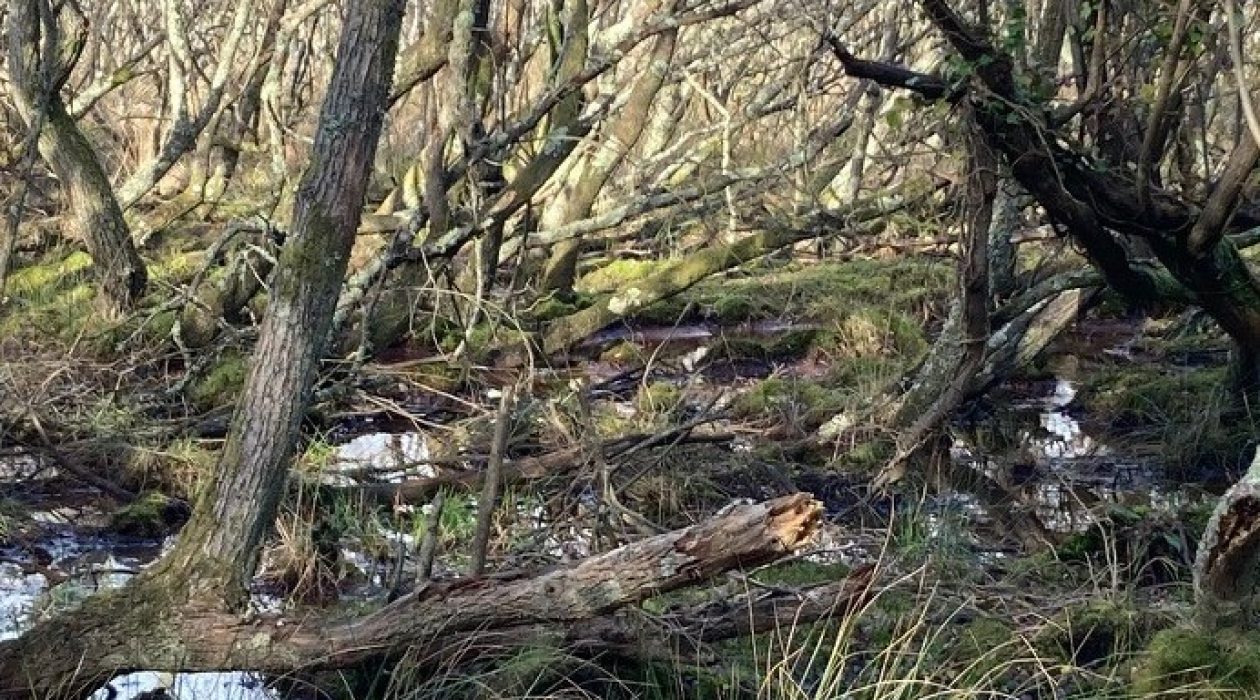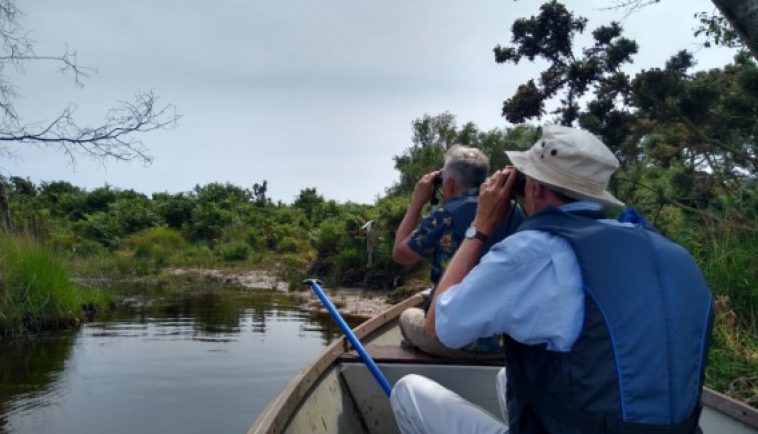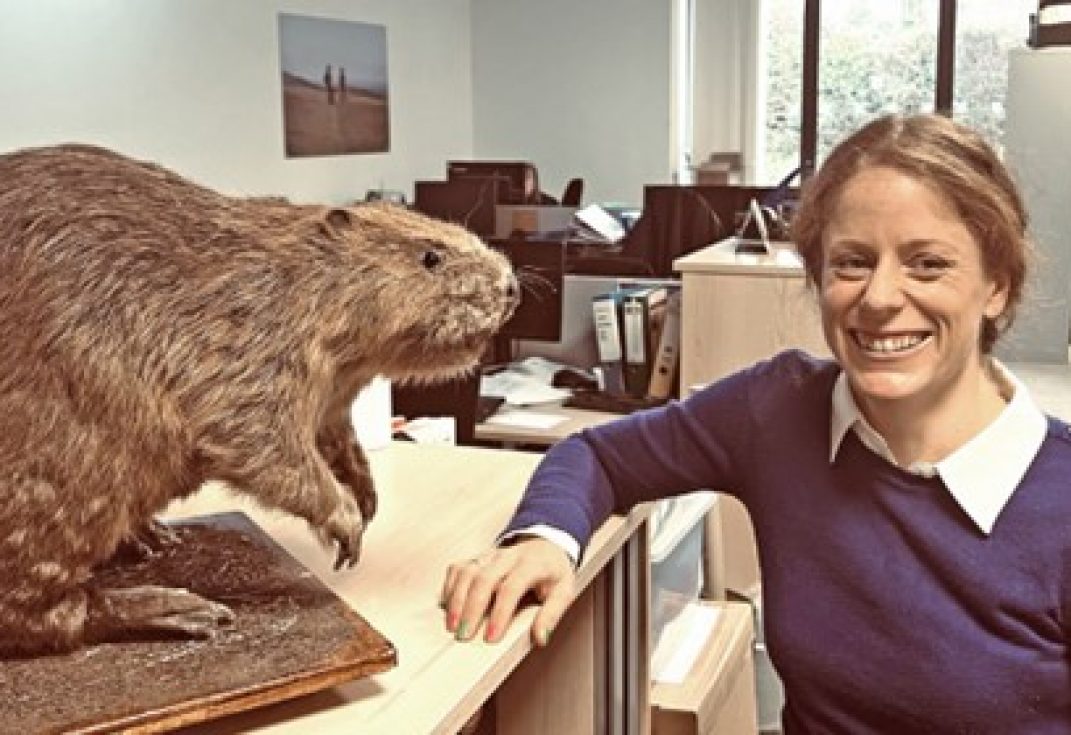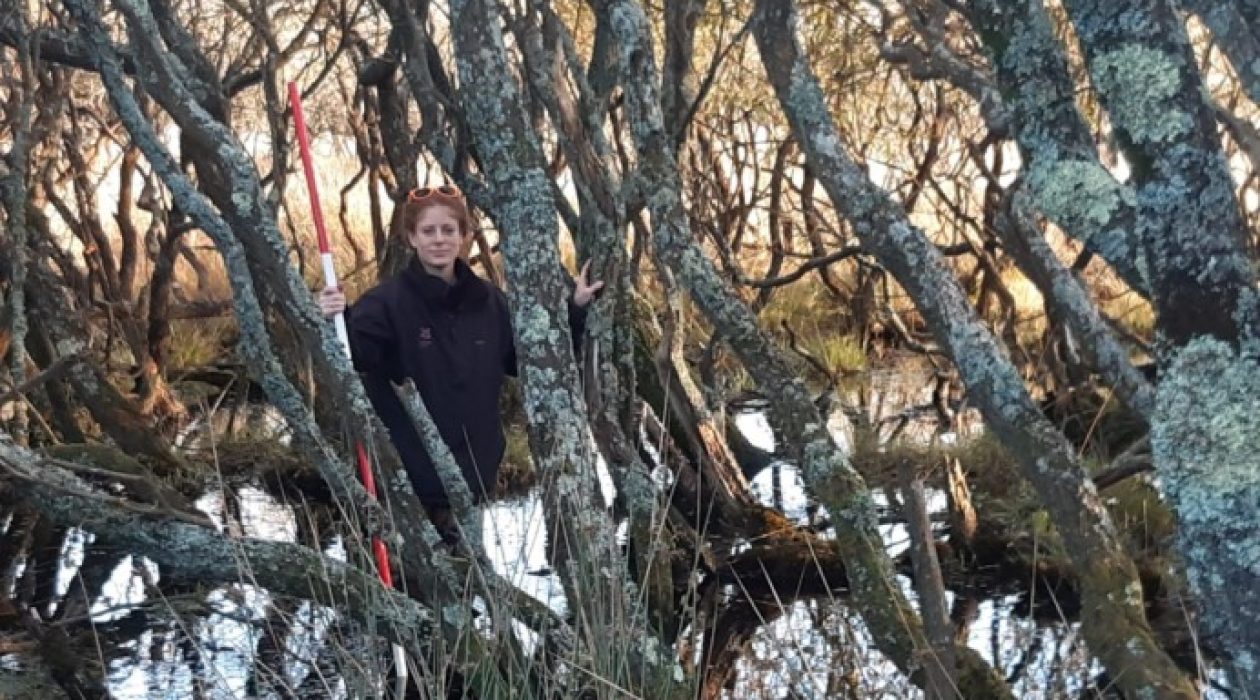Case study: Purbeck Beaver Project Development phase
National Trust led project to reintroduce beavers to the Purbeck landscape.

National Trust led project to reintroduce beavers to the Purbeck landscape.

The project was awarded Wytch Farm Landscape and Access Enhancement Fund support in 2020 as it was within the ‘High Priority’ target area and met the ‘Landscape’ criteria of the funding.
The grant was used to complete all the preparatory work needed to enable a managed, unfenced beaver introduction to take place; introduction plan, detailed management and maintenance plan as well as developing local engagement.
Grant awarded: £41,400
Other sources of funding: National Trust and Private Donor
% of total project costs: 67%

Phase 2 (the development phase) follows and builds on the work conducted during the feasibility phase (January 2019 – March 2020), to create a detailed and costed introduction and management plan for beaver by working with stakeholders to identify any necessary site-specific protection measures and wider support mechanisms, to maintain and continue to build community support for the project and to submit a licence application.
The project outputs are divided into three sections:
Development of a detailed project proposal-Following a stakeholder consultation period (landowners, farmers and fisheries groups) data was collated and analysed and the results used to directly influence steering group decisions around the project scope and direction. This resulted in a widely approved phased project proposal with reintroduction plans initially at Little Sea catchment at Studland and later proceed to cover an area of the Purbeck Heaths NNR.
Develop a funding strategy-Funding secured through securing internal funds, external applications and private donations.
Stakeholder engagement- Consultation period was from July 2019-March 2020. Community engagement ongoing with talks, engagement opportunities and individual support made readily and regularly available. Participation plan and NT communications plan created and regularly updated.

Having the opportunity to deliver a ‘development phase’ has allowed for a detailed picture of the landscape to be established, highlighting features, infrastructure and property which may be affected by a beaver reintroduction, and how they can be managed effectively. This is especially important to inform both local and national decisions at this crucial time in beaver policy development.
The combination of an initial stakeholder consultation, with an ongoing presence in the community and continued engagement and awareness opportunities, has allowed local residents time to acclimatise to the possibility of beavers, and to address any direct concerns that have arisen.
Encouraging participation from the community during this ‘development phase’ has helped to build capacity for spreading awareness and for monitoring future impacts. This pre-emptive strategy towards building knowledge and support for their activities prior to their arrival has been successful and is recommended.
A project such as this would be easier to plan and achieve to time following release of government policy, as all conversations with stakeholders could be had with less uncertainty along the way, and potentially agreements could be reached more quickly. However, panels should support projects like this one, as it allows for real progress to be made in a politically fluid situation and to therefore be at the forefront of making change happen for nature recovery.
The planned subsequent delivery of this reintroduction project aims to lead the way in wild beaver reintroductions because of all the preparatory work that has taken place within this development project.
For further information please visit The National Trust information page on beaver re-introduction

“Enabling this project through the support of the Wytch Farm Fund will be invaluable to the continued improvement and resilience of this Landscape Character Area of the South Purbeck Heaths. The diverse environmental benefits of an introduction of beavers, who are well known and documented as ‘ecosystem engineers’, can not be understated in our changing climate. We look forward to their addition to our landscape and the resulting positive impacts”
Caroline Kelly , Wild Purbeck Project Co-ordinator, Dorset AONB

“The Wytch Farm Landscape and Access Enhancement Fund has permitted the Purbeck Beaver Project to continue and maintain momentum at a crucial time in beaver policy development. This has allowed the project to be ready to lead the way in wild beaver reintroductions in England and puts it at the forefront of making change happen for local nature recovery. Due to Covid19, without the support of the fund, this would not have been possible. This time to plan and prepare, to understand the way the landscape will be impacted and the support systems that will be needed to live alongside beavers, will be integral to the success of a reintroduction on this scale, as is the essential input and meaningful involvement from the local community, who have embraced this opportunity. Thank you for supporting us.”
Gen Crisford Project Officer